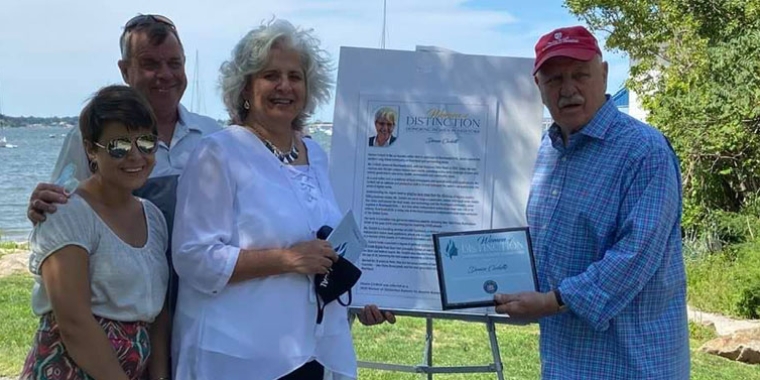
LaValle Co-Sponsors “Protect Our Children Act”
Kenneth P. LaValle
July 21, 2011
-
ISSUE:
- Crime
Legislation has been introduced in the New York State Senate that would make sweeping, comprehensive changes to the state’s child protection laws to help protect children from cruel and repeated abuse. The bill, called the “Protect Our Children Act” (S.5862), is co-sponsored by Senator Kenneth P. LaValle (R,C,I –Port Jefferson).
Among the more than two dozen provisions of this legislation, the Protect Our Children Act would create the new crime of aggravated murder of a child with a sentence of life without parole.
In addition, the bill would expand an existing law of aggravated abuse of a child which makes it a crime when someone recklessly causes physical injury to a child under the age of 14. The law currently applies only to day care providers, but this bill would expand it to also apply to parents, guardians or a person in a position of trust.
“Making these crimes felonies are common-sense steps to help protect children and give law enforcement additional tools to apprehend and convict those who target children,” said Senator Kenneth P. LaValle.
Other provisions of the bill would:
- Create a new felony for concealing the death of a child. A death of a child is profoundly tragic, and the concealment of such not only could interfere with the prosecution of the one responsible for the death by loss of evidence, but could also prolong the agony of the family as they search for their loved one with misplaced hope;
- Create a new felony for failing to notify law enforcement when the whereabouts of a young child is unknown for more than 24 hours;
- Create new felony offenses for obstruction of the location of a missing child;
- Create a felony child endangering statute to protect children from especially cruel and sadistic conduct. Under current law, unless physical injury results, the infliction of sadistic, painful, dangerous punishments can typically be charged only as misdemeanors;
- Create a statute to protect children from serious reckless abuse. To the extent existing laws address reckless conduct, they minimize the seriousness by treating it as a low level offense or often include the requirement that the conduct be "depraved," an element that New York courts have in recent years interpreted in a way that is extremely difficult to prove; and
- Increase penalties for repeat child abusers.
Share this Article or Press Release
Newsroom
Go to Newsroom


